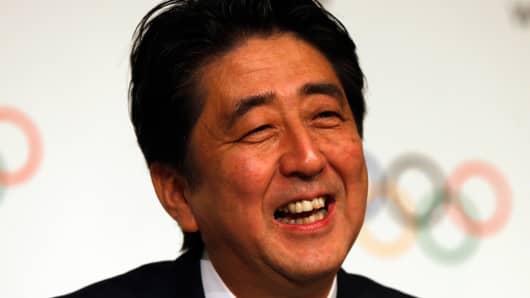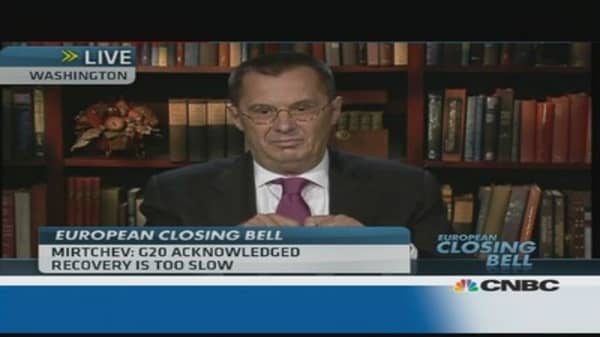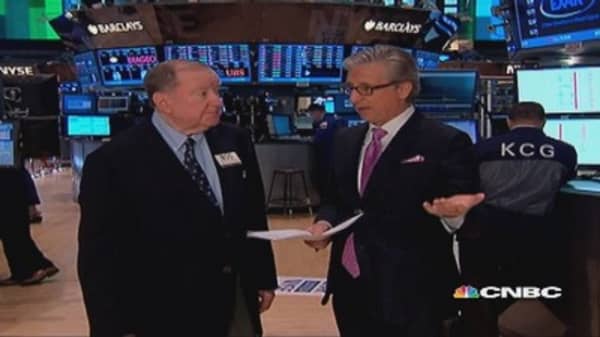There are no operational trading tips from last week's G20 meeting held in the splendors of St. Petersburg's Konstantinovsky Palace. But in spite of all the "sound and fury" about Syria, there are some real gems for longer-term investment strategists.
Japan did good business, and that is where the gems could be. A very likely breakthrough in relations with Moscow, and the possibility of thawing ties with Beijing could add a whole new dimension to Japan's current efforts to leave behind its long period of debilitating economic stagnation.
(Read more: Japan to tell G20 it will proceed with sales tax hike—Fin Min)
But the emerging countries left empty-handed; they got only non-binding declaratory statements about the destabilizing impact of the widely anticipated credit tightening by the U.S. Federal Reserve (Fed) and the European Central Bank (ECB).
Vacuous rhetoric and misaligned policies
What, for example, can the developing countries make of the assurance given by U.S. President Obama that the withdrawal of the American monetary stimulus would proceed "gradually?" Or of an even less meaningful comment by the German Chancellor Merkel asserting that the phasing out of an extraordinary credit easing in the euro area will be implemented "step-by-step?"
Such comments offer little to Indian Prime Minister Manmohan Singh, who asked for an "orderly exit from the unconventional monetary policies being pursued by the developed world for the last few years so as to avoid damaging the growth prospects of the developing world" -- a request echoed in the opening remarks by the Russian President Vladimir Putin, a host and this year's chairman of the G20 proceedings.






